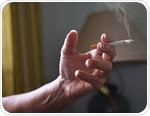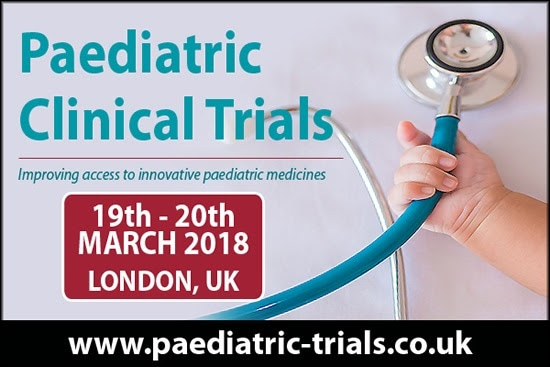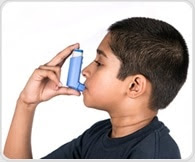|
| | January 15, 2018 | |
| | |
| | The latest pediatrics news from News Medical | |
|
|
|
 |
| |  SIDS still a threat to American babies, finds survey SIDS still a threat to American babies, finds survey Sudden Infant Death Syndrome SIDS, is still a threat to American babies finds the Centre for Disease Prevention and Control CDC in a new survey. The CDC states in its new Vital Signs report that despite the public campaigns and also the significant improvements in reducing the unsafe infant sleeping practices, there is still a threat to babies. | |
| |
| |  Loyola Medicine expert provides guidance on how to keep children safe from flu Loyola Medicine expert provides guidance on how to keep children safe from flu Just as children are heading back to school after the winter break, the flu season has arrived. Loyola Medicine pediatrician Bridget Boyd, MD, has some advice for parents on how to help their child fend off the flu and what to do if they do get sick. | |
|
|
|
|
 |
| |  It's not just diet and physical activity; your genes also determine how easily you lose or gain weight. In a study published in the January issue of Nature Genetics, researchers at the Icahn School of Medicine at Mount Sinai and other institutions of the Genetic Investigation of Anthropometric Traits consortium found 13 genes that carry variations associated with body mass index. It's not just diet and physical activity; your genes also determine how easily you lose or gain weight. In a study published in the January issue of Nature Genetics, researchers at the Icahn School of Medicine at Mount Sinai and other institutions of the Genetic Investigation of Anthropometric Traits consortium found 13 genes that carry variations associated with body mass index. | |
|
| |  Most lesbian and bisexual girls don't know they can get sexually transmitted infections (STIs) from other girls, because sex education is mostly designed for their straight peers. This knowledge gap could be placing them at increased risk for getting STIs. Most lesbian and bisexual girls don't know they can get sexually transmitted infections (STIs) from other girls, because sex education is mostly designed for their straight peers. This knowledge gap could be placing them at increased risk for getting STIs. | |
|
| |  New research has shown that receiving cross-sex hormone therapy (CHT) can help to reduce the feelings of body dissatisfaction associated with eating disorders including anorexia and bulimia in transgender people. New research has shown that receiving cross-sex hormone therapy (CHT) can help to reduce the feelings of body dissatisfaction associated with eating disorders including anorexia and bulimia in transgender people. | |
|
| |  Nearly one-quarter of children and teens who had their blood pressure screened at a primary care appointment showed a reading in the hypertensive range, but less than half of those readings could be confirmed after the blood pressure was repeated, according to a new Kaiser Permanente study released today in The Journal of Clinical Hypertension. Nearly one-quarter of children and teens who had their blood pressure screened at a primary care appointment showed a reading in the hypertensive range, but less than half of those readings could be confirmed after the blood pressure was repeated, according to a new Kaiser Permanente study released today in The Journal of Clinical Hypertension. | |
|
| |  Passive smoking or involuntary smoking refers to the unconscious inhalation of smoke that emerges as a result of others burning cigarettes, cigars, or pipes. This inhaled smoke is also termed as known as environmental tobacco smoke (ETS) or second-hand smoke (SHS). Mostly children are affected by passive smoking at a higher rate than adults. Passive smoking or involuntary smoking refers to the unconscious inhalation of smoke that emerges as a result of others burning cigarettes, cigars, or pipes. This inhaled smoke is also termed as known as environmental tobacco smoke (ETS) or second-hand smoke (SHS). Mostly children are affected by passive smoking at a higher rate than adults. | |
|
|
|
|

































.png)












No hay comentarios:
Publicar un comentario